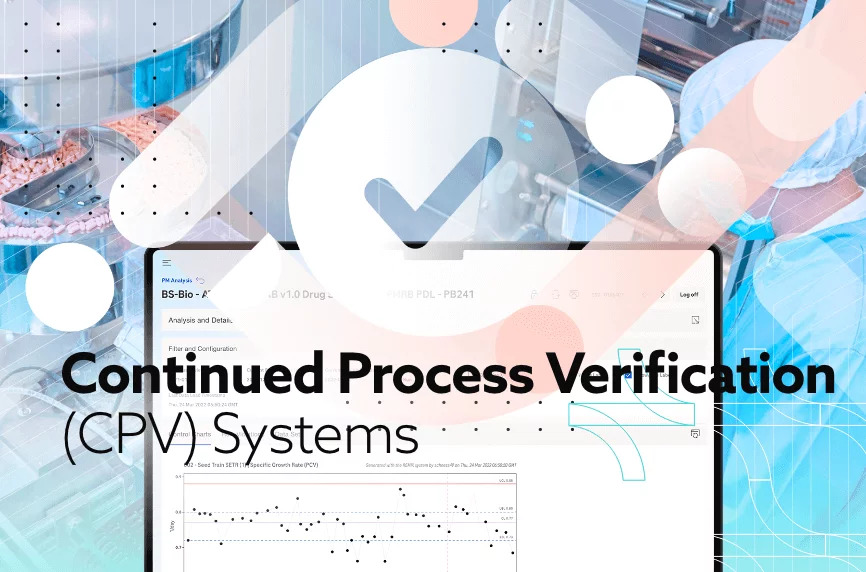Insurance Investigations

Our Insurance Investigations service provides comprehensive assessments to verify claims and uncover fraudulent activities. We specialize in thorough and timely investigations tailored to the needs of insurance companies and clients.
On a corporate level, our forensic expert analysis can facilitate cases in search of evidence for sexual harassment, espionage, information theft, embezzlement, and violation of corporate policies. Once the electronic evidence has been identified, searches are then performed for various types of data (email, office documents, user activity) and analyzed to prove whether or not the employee or person who had access to computer actually committed the acts that are alleged. Sophie groups Computer Forensic analysis provides expertise to large corporate level, small business level, or individual level.
Data Tampering
We can analyze the data on a computer system to determine if a user or disgruntled employee intentionally tampered with the data, hindering an investigation or business practice. There are many indicative signs that show activities of potential manipulation, such as deleting or changing the content of files.
Deleted is not always Deleted
When a user performs a command to delete a file, the operating system only deletes the first letter of the file name from the allocation table, and reports that sectors containing the deleted data as empty or available for storage of new data. However, the old data remains unchanged and intact until new data is stored in the specific sector and cluster containing the residual data. It is only during the process of overwriting new data into the sectors containing the old data that the residual data is truly deleted. However, since data is randomly stored in the millions of potentially available sectors, it is unusual for all sectors containing a file to be overwritten within new data. This provides the opportunity for portions of deleted files to be recovered from non allocated clusters long after the user has deleted the file from the computer.
Employment Verification

Employment Verification – Basic
Employment Verification is recommended for all employees. On an average 35% of the applications and resumes contain information, falsifying or exaggerating their employment. Sophie Groups is committed to get the information needed. We offers cost-effective solutions assuring thorough employment investigations by verification specialists.
Sophie Groups basic verification reports the employer’s name, applicant’s title, tenure, reason for leaving, supervisor, salary history (if available), additional comments.
Employment Verification – Advanced
On an average 35% of the applications and resumes contain information, falsifying or exaggerating their employment. Sophie Groups is committed to get the information needed. We offers cost-effective solutions assuring thorough employment investigations by verification specialists. Regular verification involve in-depth investigations.
Sophie Groups specialists contact the applicant’s previous supervisors and colleagues. The report includes basic verification reports the employer’s name, applicant’s title, tenure, reason for leaving, supervisor, salary history (if available), additional comments.
The additional report contains applicant’s performance characteristics to include communication skills, duties and responsibilities, professional strengths, weaknesses, ability to handle pressure, inter-personal skills, people management skills, effectiveness in meeting goals, reliability, honesty etc.
Cross CPV Verification

We cross checked the CPV reports of client’s residential address in terms of his/her tenure of living and ownership (this would be conducted based on only discrete inquiries).
At Sophie Groups, we conduct contact point verification (CPV) by contacting the Clients, as well as Guarantors at the residence / business telephone numbers and / or physically visiting residence / business address mentioned in the loan application, if required.
Pre and Post Disbursal Verification

Pre-Disbursement Disclosure means the document that I will receive which identifies the interest rate for my loan, the number of payments that I must make, the number of years within which the payments must be made and other information. Post Disbursal Document(s) (PDD) means document(s) which are required to be submitted by the borrower after the disbursement of the loan. Most banks require address proof, identity proof, income proof documents, a duly filled loan application form along with passport-size photographs to process a personal loan.
Documents Verification Process: The bank takes 1 or 2 days to analyse the documents provided and forwards it to the verification department.
Background Check Services

Bank background verification is to make sure that the candidates are honest about their past employment, educational qualification and professional credentials. Some banks check credit history to know about their financial habits and patterns.
The How: Bank background verification is to make sure that the candidates are honest about their past employment, educational qualification and professional credentials. The applicant has to sign the agreement, notifying them about their consent for the pre-employment background check.
Most banks require address proof, identity proof, income proof documents, a duly filled loan application form along with passport-size photographs to process a personal loan. Documents Verification Process: The bank takes 1 or 2 days to analyse the documents provided and forwards it to the verification department.
Investigations

This is the Pre – Sanction activity done for Various Retail loan products and in this we do screening of 100% files logged in, and look for any subspecies documents / profile. Company (NBFC) and offers fund and fee-based financial services to its customers. Finance, Investment Banking, Private Equity, Infrastructure Finance, Securities, Wealth Management, Consumer Loans, Cards and Travel Related Services.
Bank investigators will usually start with the transaction data and look for likely indicators of fraud. Time stamps, location data, IP addresses, and other elements can be used to prove whether or not the cardholder was involved in the transaction. In effect, a bank can investigate your account for as long as it needs to in order to determine whether they need to take action about fraud, abuse, or other issues.
You will be required to plan, conduct and co-ordinate financial investigations in relation to criminal confiscation, restraint, cash seizures, money laundering and financial intelligence. You will carry out enquiries, interview people, search premises and secure evidence.
